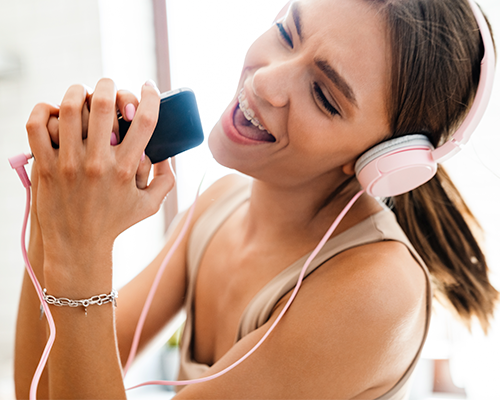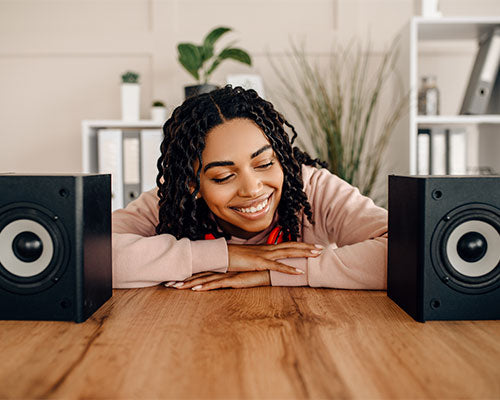Some hearing aid users tell us their wish for a manufacturer to launch a model with which they can swim. Unfortunately, we always have to tell you that it is something that will take time to achieve. On the other hand, people who buy hearing aids for the first time often ask us if they can get wet. The short answer would be NO although in reality it would be a NO but with nuances. Next, we will explain how hearing aids are related to humidity.
Hearing aids are endurance tested
The design of a new hearing aid model involves a series of new hearing-oriented technologies that are passed and failed to ensure the best result. What is not so obvious is that these new models also endure a large number of tests to verify their merely physical resistance. Manufacturers are continually trying to improve the durability of their appliances, as well as the ability to withstand the most extreme environments. In this way, each hearing aid model is classified according to a degree of IP protection, which is a scale established by official international regulations.
How do my hearing aids get in the water?
As a general rule, a hearing aid should not get wet. This statement should be viewed from the perspective that they should not be submerged in water or that, for example, we should not get into the shower with them. Even so, they do support certain situations where water is very present. For example, if it starts to rain and we are not carrying an umbrella, it is not necessary to run off the headphones. It would only be worrisome in the event of a torrential rain. There would be no problem if they were accidentally splashed with water, as long as it dries right afterwards. Basically the limitation is that no water gets inside the hearing aid.
Hearing aids in humid environments
Before we discussed the relationship between hearing aids and water, but another factor to take into account is that of humidity. If this is maintained over time, it can end up affecting the internal electronics of the hearing aid or some of its physical parts, such as the elbow in the BTE type, without really any drop of water entering it. And what do we understand by humidity maintained over time? An example would be living in a particularly humid climate. Another typical example would be that of a person who regularly sweats a lot, either due to his own metabolism or because he practices sports every day. We know that, at first glance, this seems like a difficult problem to solve but nothing could be further from the truth.
The best headphones are here at Compuboutique, take a tour of the store.



